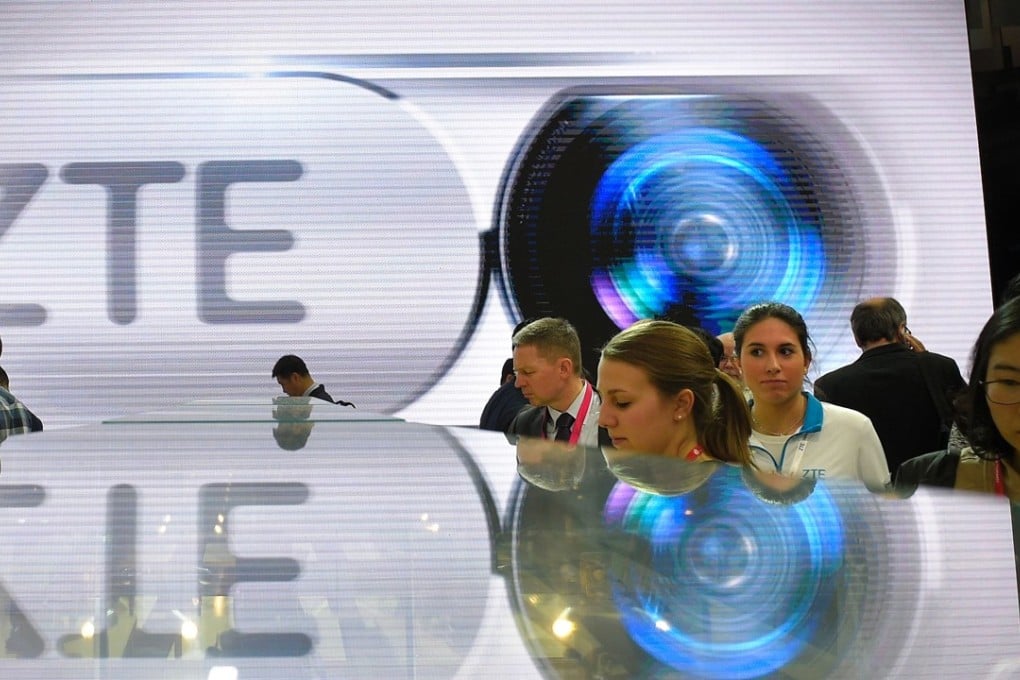US slaps China’s ZTE with 7-year components ban for breaching terms of sanctions settlement
The telecoms company was found to have violated terms of a deal after pleading guilty to shipping US technology to Iran

The move, which also dragged down some US technology shares, reactivates a block on ZTE’s exports and all sales to the company by US suppliers for seven years. A brokerage cut its estimate for the company’s revenues in 2018 and 2019.
A settlement with Washington keeping the ban from going into effect had been in place since March 2017, after ZTE agreed to punish those responsible for covering up its sales to Iran and pay about two-thirds of a US$1.2 billion penalty.
Those sales of “hundreds of millions of [US] dollars” worth of routers, microprocessors and servers to Iranian entities violated the US’s Export Administration Act of 1979, according to an order by the US Department of Commerce.